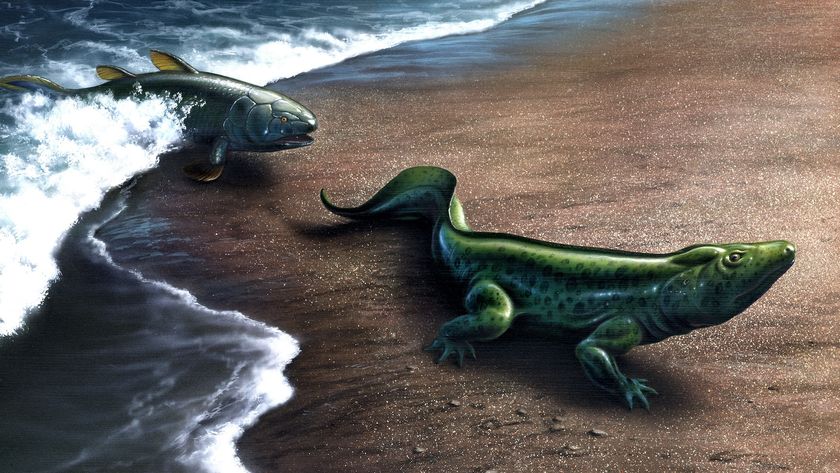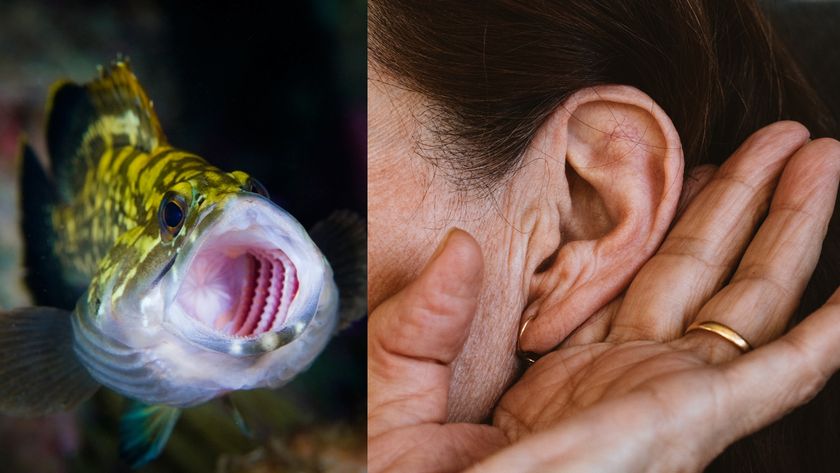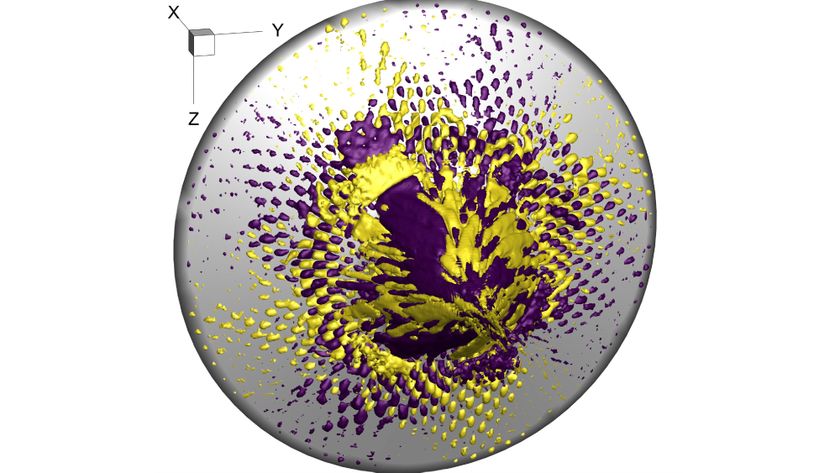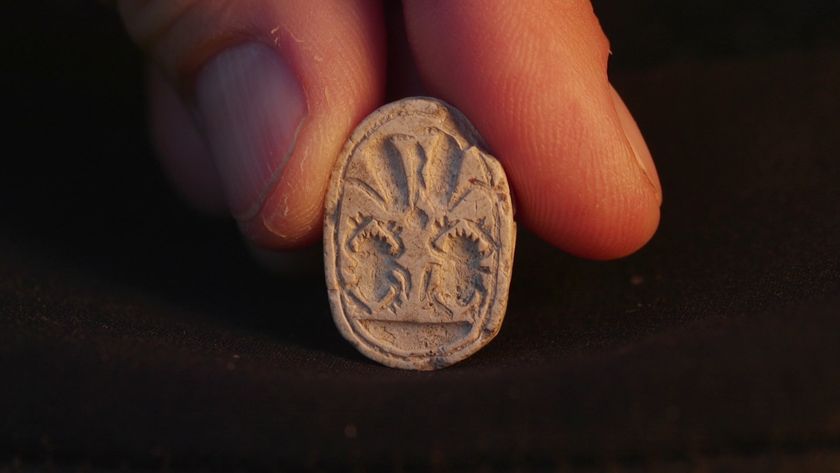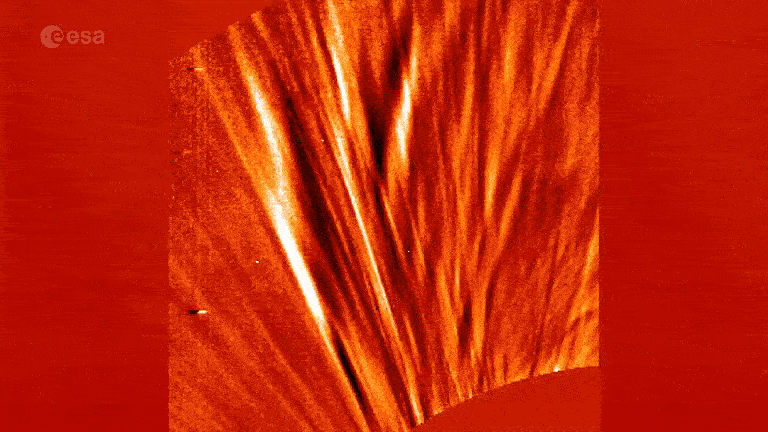The Scariest Thing about Neanderthals

Who knew the Weasley family trademark—a shock of bright red hair—was tens of thousands of years old? Fictional wizards and J.K. Rowling aside, researchers Carles Lalueza-Fox of the University of Barcelona, Spain and Holger Rompler of the University of Leipzig in Germany announced last week that Neanderthals, who died out 35,000 years ago, had the same distribution of hair and skin color as modern human European populations. By inference, that means that about 1 percent of Neanderthals must have been redheads, with pale skin and freckles. The idea of Neanderthals with red hair and freckles is just plain charming. But it's also scary because it underscores the fact that Neanderthals were so much like us, and now they're gone. Ever since their fossils were first discovered in 1829 (and later called "Neanderthal Man" by William King, who was part Irish, by the way), these hominids have been relegated to the status of cave men and women. Neanderthals were shorter and more muscular than the other humans living at the same time, had bigger noses and projecting brow ridges, and no chins. Not a pretty picture. But these ancient fellow Europeans were also culturally sophisticated. They buried their dead, built shelters, made tools, used fire and hunted. The may have had language (DNA sequencing has also revealed they carried the FOXP2 gene which is linked to language ability). And they had brains 100 cubic centimeters larger than people today. And so why have these interesting people been relegated to second-class citizen status? Because they threaten us. Neanderthals are chronologically the closest, and the most familiar, example that we have of our kind disappearing off the face of the Earth, and that means we can go too. No one knows exactly why Neanderthals went extinct, but the possibilities are also troubling. They may have been wiped out by disease or bad weather. Or overpopulated their habitat and run out of food, fuel, and decent water. They may have once been the greatest society on Earth, but in their arrogance ignored the smaller-brained hominids (that would be us) on the other side of the hill and been caught off guard and slaughtered in the first genocide. Perhaps Neanderthals were simply unable to adapt to changing times, unable to lift their blinders and see beyond their own borders to the march of humanity across the globe. Neanderthals scare us because they are ghosts from the past, a few with wizardly Weasley hair and a sprinkle of freckles, and they are now turned in our direction whispering, "You're not so unique. Watch out." Meredith F. Small is an anthropologist at Cornell University. She is also the author of "Our Babies, Ourselves; How Biology and Culture Shape the Way We Parent" (link) and "The Culture of Our Discontent; Beyond the Medical Model of Mental Illness" (link).
Sign up for the Live Science daily newsletter now
Get the world’s most fascinating discoveries delivered straight to your inbox.
